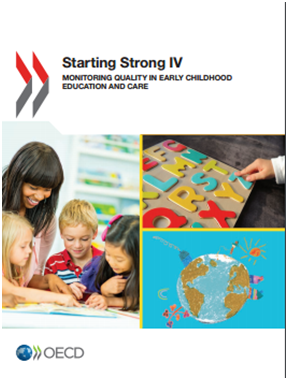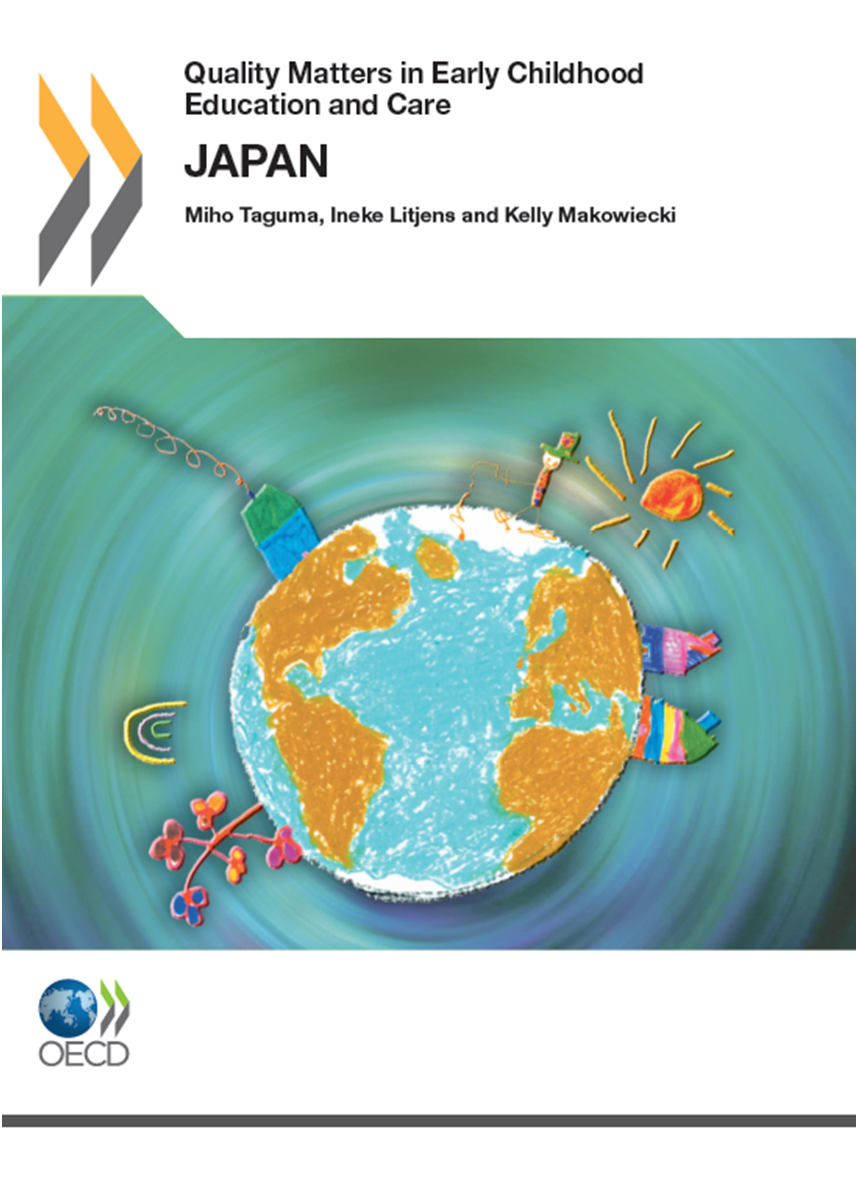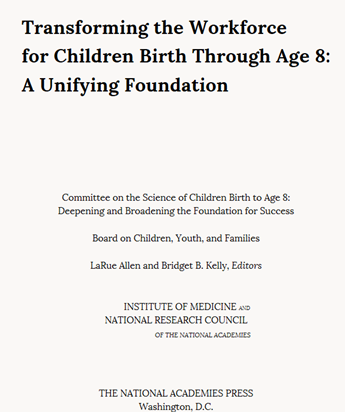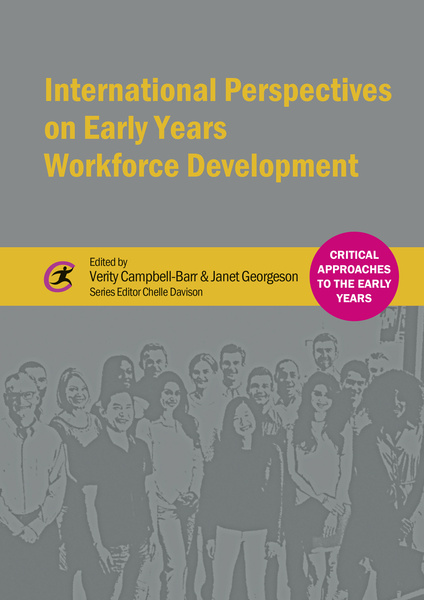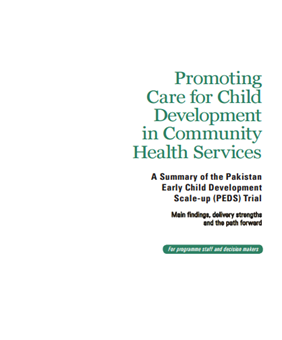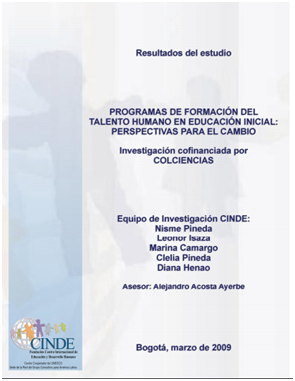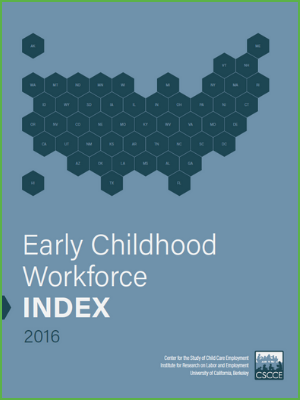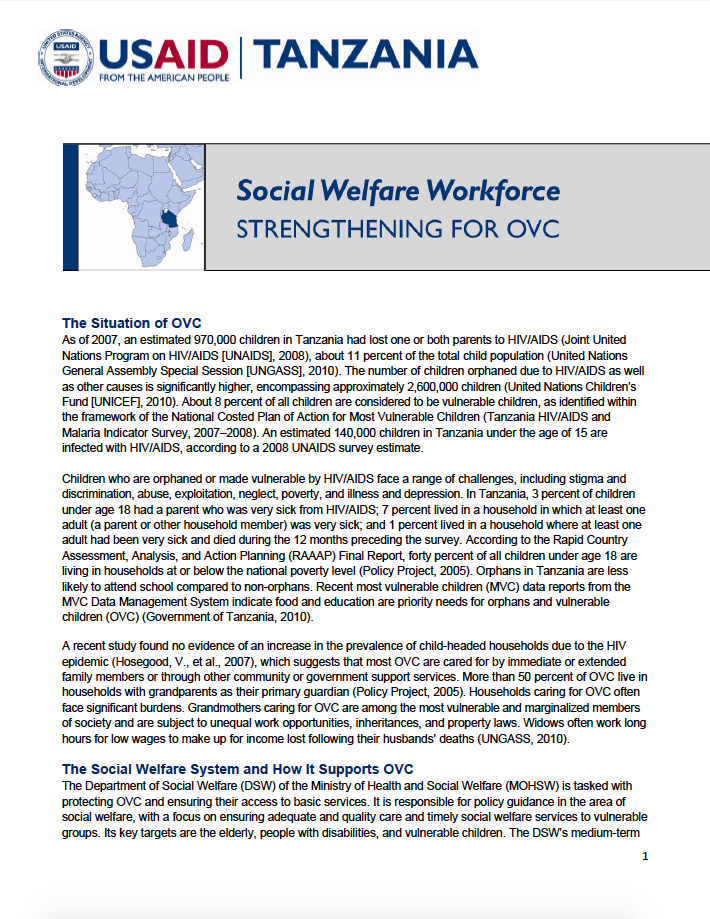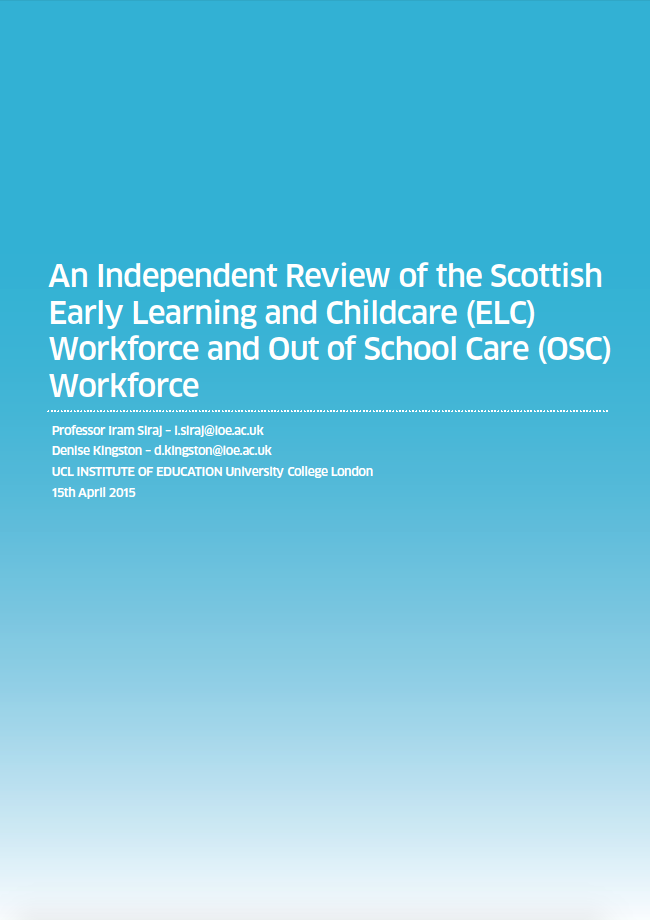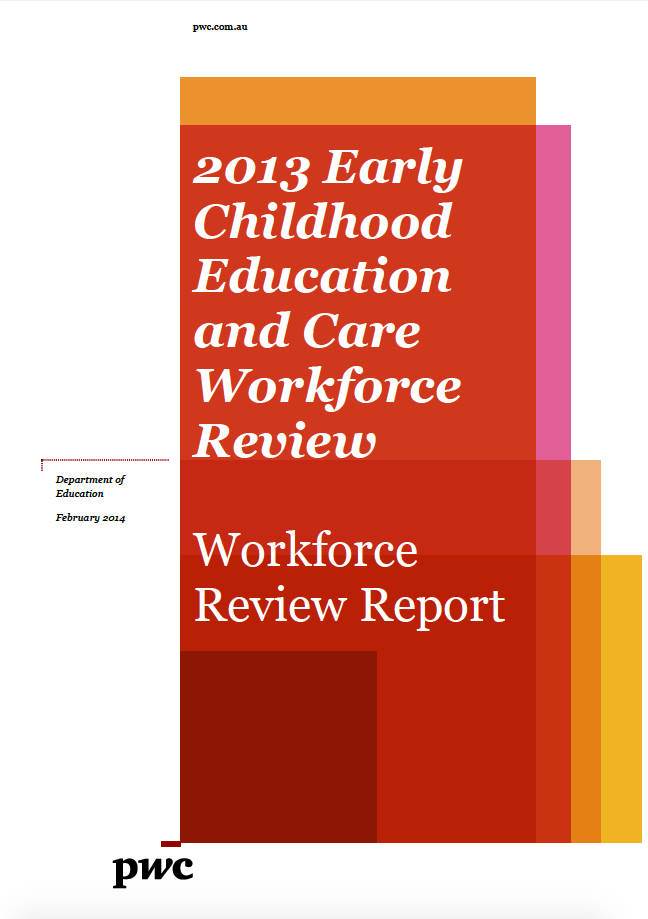Summary:
The Early Learning and Childcare workforce (ELC) and Out of School Care (OSC) workforce have long been recognised as diverse and disparate. Within such diverse provision there are major differences in work environments, qualifications, recruitment, retention and staff progression routes.
This Review is informed by:
- Evidence gathered during focus groups and discussions with practitioners and key stakeholder institutions and bodies
- Visits made to schools and ELC and OSC settings
- Information gathered though two online consultations
- Meetings with the Early Years Division and other Government officials
- Consultation with the Core Reference Group of stakeholders
In addition, it has considered, and built upon, previous research, developments and policies both within and beyond Scotland. These provide an evidence base against which comparisons have been made of current Scottish processes and practices related to the workforces.
The purpose of this Review is to identify and make recommendations on how the skills, qualifications and training of staff working within the early learning and childcare and out of school care sectors, from birth to age 14, can contribute to improved outcomes for children, help to reduce social inequality and close the attainment gap, based on the evidence gathered in the course of the Review and wider research evidence.
This Review’s proposals are radical and wide-ranging. They are inter-related and should be seen as an integrated set – and not separately. They build on the many existing strengths of the ELC and OSC
sector within Scotland. They aim to support both a vision for the future and a coherent and manageable means for realising that vision.
